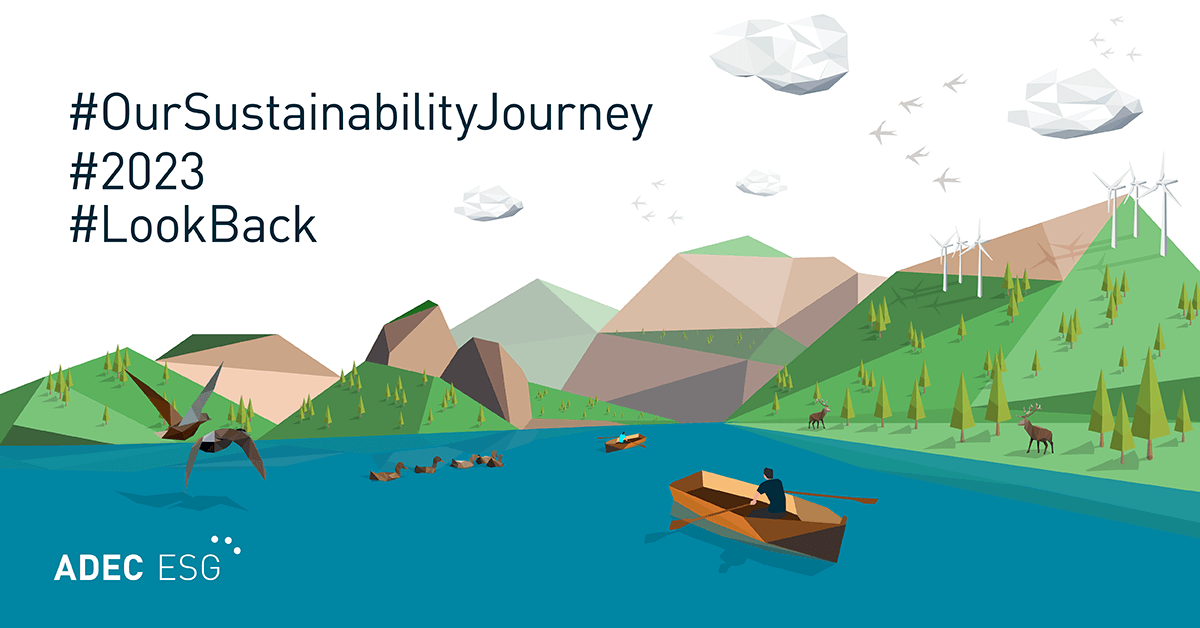A recent study entitled Americans’ Actions to Limit Global Warming in April 2013 found that American consumers proactively make eco-friendly choices. Furthermore half of the consumers in the survey said they consider environmental impacts before making a purchase.
Sustainability, therefore, should be an integral part of an organization’s plans to keep their business competitive. By becoming sustainable, businesses can lower their production costs and offer their products at competitive prices. Customers are keen to seek and share information on the internet – about how sustainably a business manufactures their products or renders services. Customers today are more likely to get wind of and care about whether businesses operate sustainably. Hence, business owners must instill environmental sustainability as much as they can into their daily operations to build a good reputation for their business.
But in a world of waste, pollution, and inefficiencies, one may be left wondering how to start becoming a sustainable business; or whether the environmental sustainability efforts that are carried out are the ones that actually matter to consumers.
Below are some of the most fundamental and complementary approaches on how businesses can become sustainable. More than reducing environmental impact, the following approaches also ensure reduced costs, competitive prices and, overall, a stronger business case for environmental sustainability in the American market.
Reducing waste
Regardless of business size, the small wasteful things that are overlooked every day, when aggregated, lump into a huge amount of waste of materials, resources and finances.
Reducing waste—whether for energy, raw materials or water—is the most cost-efficient, if not the most fundamental, means of making a business sustainable. Moreover, reducing waste can also reduce the cost of production, which in turn drives down the price of goods.
According to the study, more than half (65%) of environmentally-conscious consumers deem it “very important”, while 36% say it is “essential” that the products they buy were manufactured using only a few resources.
Waste reduction makes for an ideal situation as it matters exceedingly to consumers, and it also helps products become more competitively-priced. It encompasses driving down operating costs, improving competitive pricing, and creating good business reputations.
Recycling and making your products recyclable
Recycling is a step up from reducing waste, therefore if a company believes that it has reduced all the waste that it can, then the next step is to manage what they can do with the waste they generate.
Recycling matters to 78% of the consumers surveyed for Americans’ Actions. Simply put, most American consumers are looking to buy products that they can recycle.
Aside from making sure that products are recyclable, organizations would also do well to infuse recycling into their overall business operations. Businesses can be more reputable when it comes to producing recyclable products if they have concrete knowledge of recycling by applying it first to their own business. In other words, they need to practice what they preach.
Integrating your sustainability efforts over time
Operating sustainably doesn’t happen overnight. The most important thing for a business owner to remember is: to make a business operate sustainably, start from small beginnings, and steadily grow eco-friendly efforts to become bigger and more encompassing over time.
ADEC ESG provides sustainability consulting services to help you evaluate where you can improve efficiencies in your everyday operations. To request a consultation, contact our team today.




